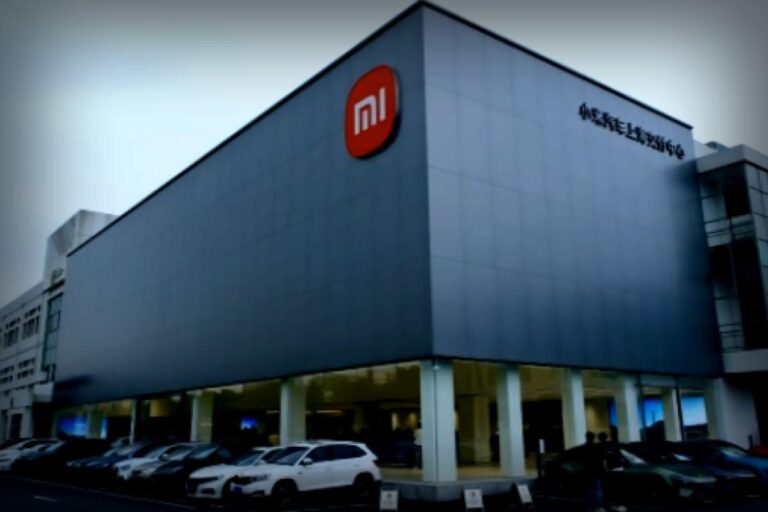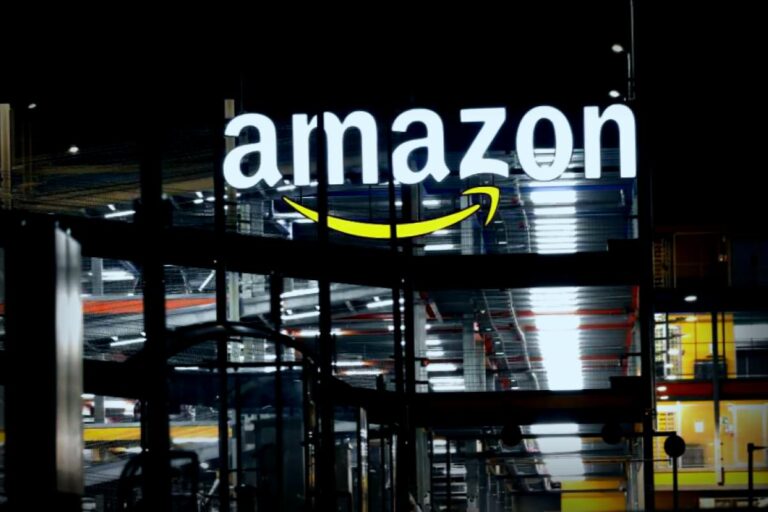Amazon has been making headlines recently, and not for good reasons. Their latest round of layoffs has sent shockwaves throughout the tech sector, prompting everyone to think about the expanding role of artificial intelligence in today’s working world. Originally viewed as something that could boost innovation and efficiency, AI is now being seen as a game-changer that might be altering job landscapes and shifting how we define valuable contributions from humans.
The Effect of AI on Amazon’s Workforce

Interestingly, the layoffs at Amazon mostly targeted teams linked to customer care and specific AI initiatives, which raises some eyebrows about technology contributing to job loss. AI is engineered to handle repetitive and analytical tasks at speeds and accuracies beyond human capability. This technological shift helps companies cut costs but poses serious questions about long-term job security.
As Amazon leans more into AI, jobs in logistics, data management, and product innovation are at risk, leading to fewer employment opportunities in those areas. Experts stress the necessity of retraining programs that help current employees acquire new skills suitable for the evolving digital job market.
A Cautionary Tale for the Tech Community
This restructuring at Amazon serves as a cautionary tale for other tech leaders who are considering deeper automation. It shows that even the most progressive companies are pressured by the realities of tech advancement. The crucial question now for many businesses is, to what extent should AI replace human labor? There’s a risk that while automation boosts productivity, it also creates a cold, impersonal atmosphere for customers and staff alike. The layoffs at Amazon remind us all that while embracing new technologies is vital, maintaining the human connections that nurture teamwork and creativity is equally paramount.
Shifting Job Dynamics Through Automation
The impact of automation doesn’t just stop at Amazon; it’s felt across many industries. AI-powered systems are improving workflows, predicting market trends, and reducing operational costs. While this tech is undoubtedly beneficial, it also changes the type of skills that are now in demand. Roles that require emotional intelligence, empathy, and advanced problem-solving are becoming more secure, while purely technical or repetitive jobs may face greater jeopardy. Economists believe that AI won’t eliminate jobs entirely but will significantly transform how work is performed. Those who can quickly adapt to new systems and blend technical know-how with human insight will find themselves irreplaceable.
The Human Impact of Increased Efficiency
While companies may be seeing gains in efficiency, layoffs tell a deeper and more complex narrative about the human side of corporate changes. Losing a job doesn’t just take away a paycheck; it affects one’s identity and mental well-being. Many of those who were laid off from Amazon were talented individuals whose roles became obsolete due to automated systems. The emotional and psychological strain associated with job loss is significant, especially for people who have committed years to their careers. This scenario emphasizes the urgent need for businesses to be empathetic, offering career support and mental health resources during these tough transitions. As companies implement AI technologies, it’s crucial to remember the human beings impacted by these advancements.
The Moral Dimensions of Embracing AI

The introduction of AI doesn’t just bring opportunities but also serious ethical dilemmas. Although it opens doors for growth, it raises pressing questions about fairness and accountability in decision-making. Automated systems can influence everything from hiring to performance reviews, and without careful monitoring, risks of bias pop up easily. The Amazon layoffs reignite conversations about whether companies should have a responsibility to weigh the ethical implications of automation programs before introducing them. To navigate this path safely, corporations need clear guidelines, human oversight, and continuous evaluations in place. Ethics should lead the charge in innovation to keep harmful practices at bay.
Reskilling as the Avenue for Long-Term Adaptation
A major answer to the workforce changes driven by AI is reskilling. Corporations like Amazon are beginning to roll out educational programs that aim to transition workers into positions that focus on freshly gained technical and creative skills. Reskilling not only keeps employees relevant in a world of change but also nurtures a culture of lifelong learning. Government and educational institutions also have key roles, offering accessible learning opportunities in fields like data science and cybersecurity. By equipping our workforce to keep learning, society stands a better chance of managing progress without sidelining vulnerable individuals or inflating economic inequities.
The Bigger Economic Picture
The movement towards AI has effects that reach far and wide across the economy. Greater automation can lead to boosted productivity and lower operational expenses but also concentrates wealth in the hands of firms harnessing these technologies, which could create more significant imbalances in both income and opportunity levels. The layoffs at Amazon signal that the advances propelled by AI need to be both inclusive and sustainable. Policymakers should mull over strategies that promote innovation while safeguarding jobs, such as tax incentives for reskilling initiatives and regulations promoting the ethical use of AI.
Imagining the Future Workforce

Looking ahead, the workplace may look quite different, with a unique blend of human creativity and smart technology. AI might not entirely take over human roles but rather serve as an ally that enhances how decisions are made and drives innovation forward. Companies that s d will encourage synergy between people and machines in this forthcoming landscape. The Amazon layoffs underscore the urgency of getting ready for a work environment where creativity, emotional intelligence, and adaptability reign supreme. As technology progresses, the capability to learn and adjust swiftly will be vital. Future workers will need both tech skills and those intrinsic human qualities that robots simply cannot replicate.

















